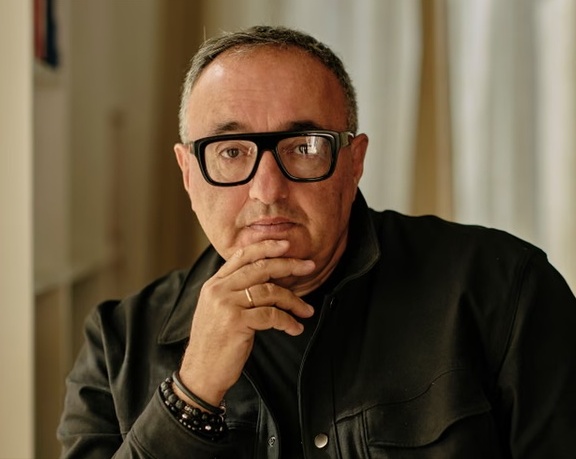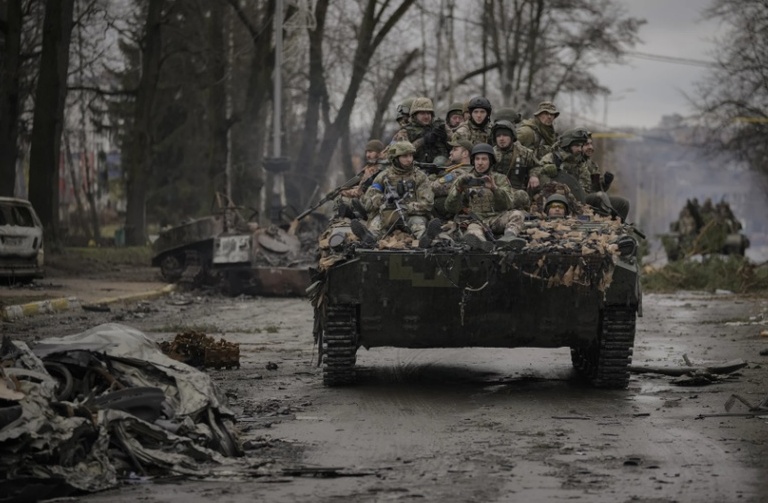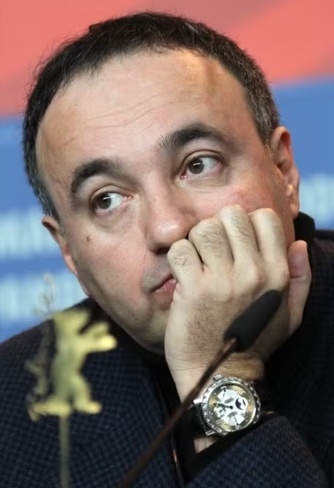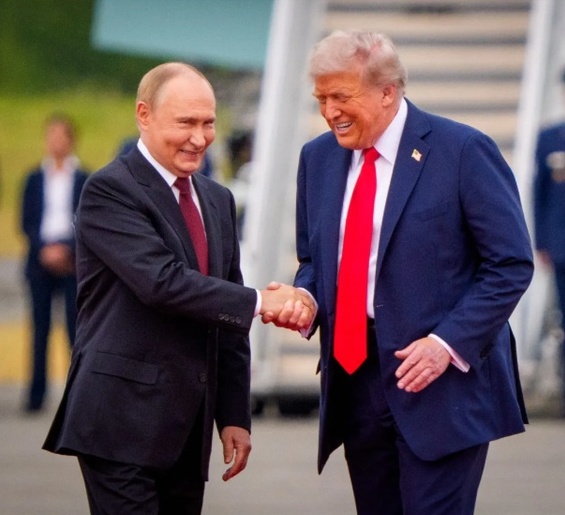SAEDNEWS: Alexander Rodnyansky, former Russian cinema heavyweight, criticizes Russia’s war-driven film propaganda and launches his first personal documentary in 30 years, exploring Ukraine’s history and the human cost of war.

According to Saed News; Ukrainian filmmaker Alexander Rodnyansky, once a central figure in Russia’s cultural scene, has seen dramatic changes in Russian cinema since the invasion of Ukraine. Over two decades, he ran one of Russia’s largest media conglomerates, produced celebrated films such as Leviathan and Loveless, and helped Russian cinema gain international acclaim.
“The most popular genre in Russian cinema today is fairytales,” the 64-year-old told the Guardian. “All the stories we grew up with are being adapted. There’s no social drama, no film reflecting life during the war. The only financing comes from the state. If you want to make a war movie, it has to be propaganda: Nazis in Ukraine killing Russians, or the Russian army saving Donbas from fascists. It’s absurd.”


This trend has produced massive box-office hits, including Cheburashka in 2023, which earned 6.5 billion rubles (~£60m), the highest ever for a Russian film.
Rodnyansky’s new documentary, Notes of a True Criminal, premiering in Venice, rejects fantasy. Instead, it offers a personal reflection on Ukraine’s history, the collapse of the Soviet Union, and the impact on his family over generations. Funded privately on a small budget, it is “the most personal film of my life,” Rodnyansky said, intended as a video diary for his descendants rather than a political statement.
The documentary incorporates vignettes including Ukrainian soldiers’ footage, family videos, and historical conflicts such as Chernobyl. Last year, a Moscow court sentenced him in absentia to 8.5 years for spreading “fake news” about the Russian army, and he was declared a “foreign agent.”
Rodnyansky, who never held Russian citizenship, described the experience as both a personal rupture and political inevitability. Following the invasion, the Russian defence minister ordered his removal from the country’s cultural agenda, prompting him and his wife to leave immediately.
Reflecting on diplomacy, he criticized Trump’s summit with Putin, emphasizing Ukrainians’ distrust of compromises that verge on capitulation. He also highlighted the trauma among Ukrainians and the complex relationship with Russians, noting that many Russians left the country in protest.


Regarding boycotts, Rodnyansky stressed the importance of separating cultural figures who oppose Putin from those who support him, citing historical parallels with artists in Nazi Germany.

